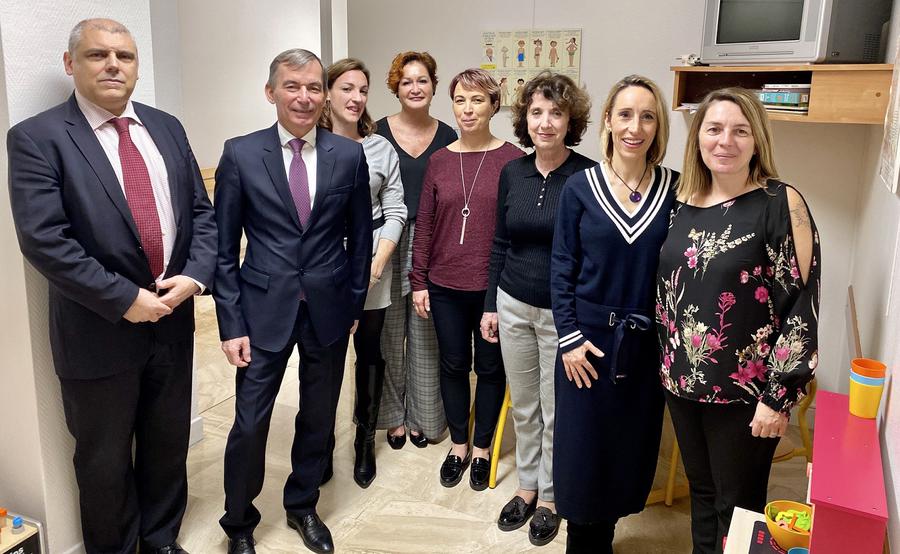The government has revealed that Monegasque schools are conducting regular medical screenings of students with the aim of detecting certain disorders early enough to help make a difference.
The examinations, carried out by the Department of Health Action (DACA), have been found to be an effective way of identifying, and therefore managing, problems or disorders in school children. Children are not always able to explain or verbalise problems themselves, nor do they even always know a problem exists in the first place.
These exams are a stopgap for the school system to recognise certain issues in children from kindergarten all the way through secondary, including developmental, learning or medical, and are intended to help children have the most successful school experience possible.
If a problem is found, the Principality’s health promotion policy supports students who have specific physical or mental special needs.
“Early detection is essential, because school is often the first gateway to preventive medicine for the well-being of students,” said Didier Gamerdinger, Minister of Social Affairs and Health.
The routine checks include screenings for sight, hearing, dental and somatic issues, psychological or behavioural disorders, signs of mental distress, growth and development issues, vaccination records, detection of language disorders in kindergarten-aged students, monitoring of students with known disabilities, and the general collection of statistical data with regard the overall health of the school population.
In addition to the regularly scheduled check-ups, DACA provides links between families, teaching staff, school psycho-social workers and doctors, offering exams on request for students who they suspect may need extra care or assistance.
Monaco’s ‘Healthy School’ objective
